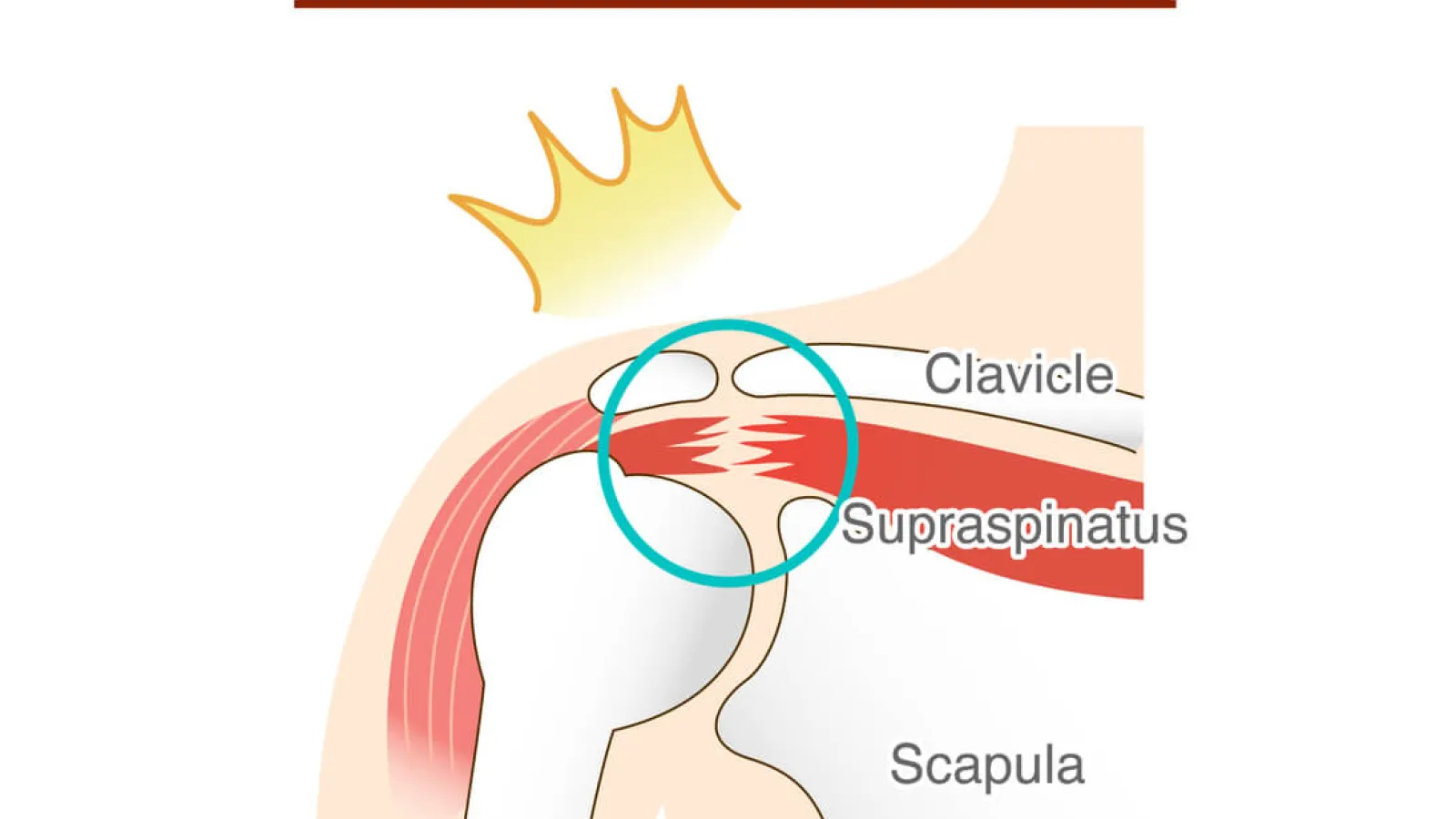Most people do not expect a shoulder injury to slow them down. Then the pain, weakness, and frustration of a rotator cuff tear arrive. Lifting even a cup of coffee or reaching for a seatbelt suddenly feels impossible. When you are in this position, one big question often comes up. Should you start physical therapy, or will you need surgery to get back to normal?
This article explores the pros and cons of
each rotator cuff tear treatment and how your doctor can support your choice.
Understanding the Two Paths for
Rotator Cuff Tears
A torn rotator cuff can limit your
independence and lower your quality of life. When it happens, your doctor will
likely talk to you about two main paths to recovery. You can start with
physical therapy or consider surgical repair. Each treatment has unique
advantages and challenges.
What Is a Rotator Cuff Tear?
Your rotator cuff is a group of four muscles
and tendons that hold your shoulder joint in place. These muscles help lift and
rotate your arm. Rotator cuff tears usually happen after an injury, overuse, or
aging. Common symptoms include pain, weakness, and limited range of motion.
Physical Therapy for Rotator Cuff
Tears
Therapy uses targeted exercises, stretches,
and manual therapy to restore function and ease pain. Many people with small or
partial rotator cuff tears recover well with therapy. Physical therapists
design programs tailored to your specific injury and lifestyle. Here are the
benefits of physical therapy as a rotator cuff tear treatment:
1. Non-Invasive
Physical therapy does not involve incisions or
anesthesia. There are no risks linked to surgery or anesthesia reactions.
2. Shorter Recovery Time
Most people start daily activities soon after
beginning treatment. You may see improvement in strength, motion, and pain
within two to three months.
3. Lower Cost
Physical therapy often costs less than
surgery, especially if you need only a few months of care.
4. Strengthens the Shoulder
Exercises target the muscles that support your
shoulder. Over time, stronger muscles may help protect against future injuries.
5. Reduces Fear of Movement
Therapists guide you through each step,
helping you build confidence to use your shoulder safely and correctly.
Limitations to Consider
However, here are some limitations of physical
therapy as a rotator cuff tear treatment:
●
Not for Every Tear: People with large or
complete rotator cuff tears may not respond well to therapy alone.
●
Time Commitment: You must attend several
sessions per week and complete exercises at home.
●
Some Tears Do Not Heal Without Surgery: Massive
tears or those causing loss of function often require surgery for a full
recovery.
Surgery for Rotator Cuff Tears
Surgery aims to repair the torn tendon
directly. Most procedures are minimally invasive, where the surgeon uses tiny
instruments and a camera. Open surgery is rare but may be needed for severe
injuries. Here are some benefits of surgery as a rotator cuff tear treatment:
1. Directly Repairs the Tear
Surgery can reconnect the torn tendon to bone,
which is crucial for large or complete tears.
2. Addresses Severe Symptoms
People who have tried therapy without
improvement often regain strength, motion, and pain relief after surgery.
3. Prevents Further Damage
Unrepaired large tears can worsen, causing
arthritis or further tissue breakdown. Early surgery may protect long-term
shoulder health.
4. Can Return You to Sports or
Heavy Work
Athletes or manual laborers may need surgery
for full strength and stability.
Limitations to Consider
However, there are several limitations that
are important to consider:
●
Longer Recovery Time: Full recovery can take
six months or longer.
●
Risks: Any surgery involves risks like
infection, stiffness, nerve damage, or reactions to anesthesia.
●
Cost: Surgery, especially with hospital stays
or advanced imaging, is more expensive than physical therapy.
●
Rehab Still Needed: Even after surgery, you
need physical therapy to rebuild mobility and strength.
How Your Orthopedic Doctor Can
Help You Choose
Facing a choice between therapy and surgery can feel overwhelming. Fortunately, your trusted orthopedist can be your guide.
Here is how our team at Orthopaedic Associates
of Maine can help:
Comprehensive Assessment
We start with a detailed evaluation of your
shoulder. This often includes a physical exam and imaging, such as an MRI or
ultrasound. We check the tear size, location, and the degree of muscle
weakness. Your age, activity level, and goals are important, too.
Personalized Recommendations
Some rotator cuff tears respond very well to physical therapy. We might recommend therapy first for partial tears, mild pain, or if you do not play high-impact sports.
However, suppose the tear is large,
full-thickness, or causes loss of function. In this case, surgery may be
necessary for the best long-term results.
Coordinated Care
From your first visit to your last follow-up,
our orthopedic team works closely with a team of providers. This includes
physical therapists, surgeons, and your primary care doctor. This helps ensure
you receive the help and information you need at each stage of recovery.
Rotator Cuff Tear Treatment in
Portland, Windham, & Brunswick, ME
Injuries can change daily life, but you are not alone in finding the right rotator cuff tear treatment. Physical therapy is often best for small, partial tears and for those looking to avoid surgery. Surgery works well for larger or more severe tears or when therapy does not deliver results.
Trust Orthopaedic Associates of Maine to guide you toward the right decision for your unique situation. For your convenience, we have several orthopedic offices near you across Portland, Windham, and Brunswick. Contact us at (207) 828-2100 or submit an appointment request form to take the next step in your recovery.
We look forward to serving you!
Sources:
https://my.clevelandclinic.org/health/diseases/8291-rotator-cuff-tear
https://www.mayoclinic.org/diseases-conditions/rotator-cuff-injury/symptoms-causes/syc-20350225
https://www.mayoclinic.org/diseases-conditions/rotator-cuff-injury/diagnosis-treatment/drc-20350231
